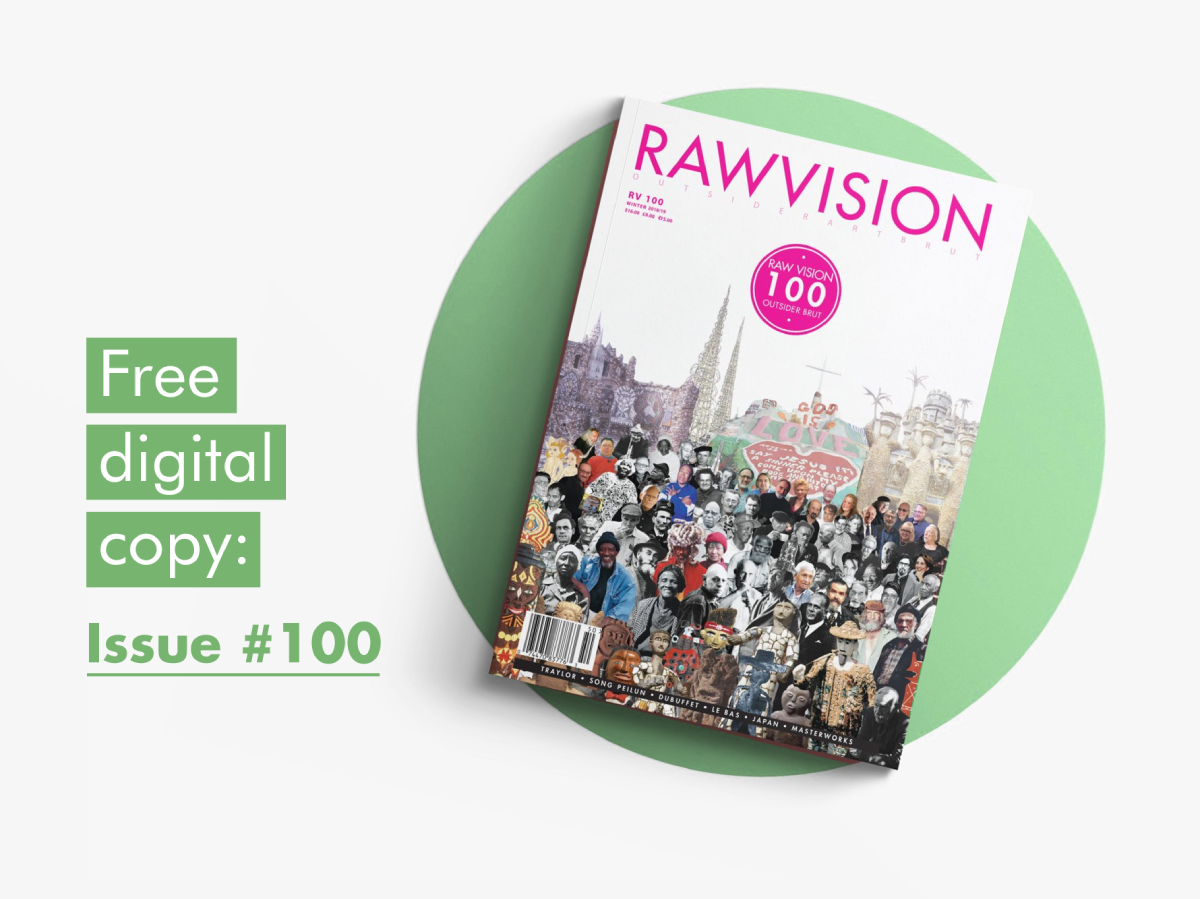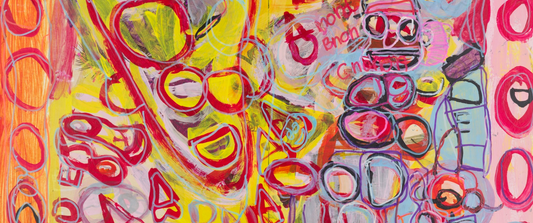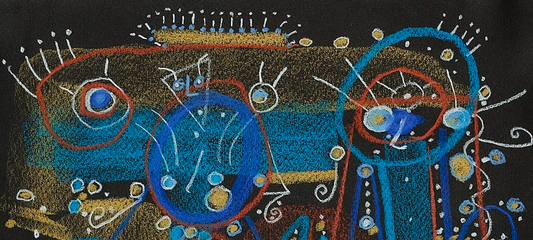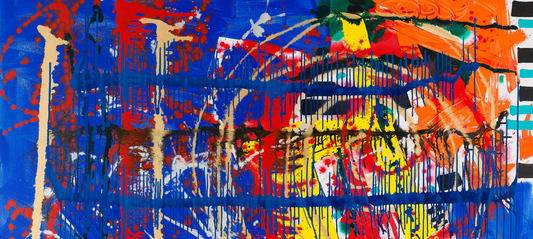First published: Winter 2018
I think, not only in the arts, but also in many other fields, an important change is taking place, now, in our time, in the frame of mind of many persons.
It seems to me that certain values, which had been considered for a long time as very certain and beyond discussion, begin now to appear doubtful, and even quite false, to many persons. And that, on the other hand, other values, which were neglected, or held in contempt, or even quite unknown, begin to appear of great worth.
I have the impression that a complete liquidation of all the ways of thinking, whose sum constituted what has been called Humanism and has been fundamental for our culture since the Renaissance, is now taking place, or, at least, going to take place soon.
I think the increasing knowledge of the thinking of so called primitive peoples, during the past fifty years, has contributed a great deal to this change, and especially the acquaintance with works of art made by those peoples, which have much surprised and interested the occidental public.
It seems to me that especially many persons begin to ask themselves if Occident has not many very important things to learn from these savages. May be, in many cases, their solutions and their ways of doing, which first appeared to us very rough, are more clever than ours. It may be ours are the rough ones. It may be refinement, cerebrations, depth of mind, are on their side, and not on ours.
Personally, I believe very much in values of savagery. I mean: instinct, passion, mood, violence, madness.
Now I must say I don't mean to say that the Occident lacks these savage values. On the contrary! But I think that the values held up by our culture don't correspond to the real frame of mind of Occident. I think that the culture of Occident is a coat which does not fit him; which, in any case, doesn't fit him any more.
This culture drifts further and further from daily life. It is confined to certain small and dead circles, as a culture of mandarins. It no longer has real and living roots. For myself, I aim for an art which would be in immediate connection with daily life, an art which would start from this daily life, and which would be a very direct and very sincere expression of our real life and our real moods.
I am going to enumerate several points, concerning the occidental culture, with which I don't agree.
One of the principal characteristics of Western culture is the belief that the nature of man is very different from the nature of other beings of the world. Custom has it that man cannot be identified, or compared in the least, with elements such as winds, trees, rivers—except humorously, and for poetic rhetorical figures. The Western man has, at last, a great contempt, for trees and rivers, and hates to be like them. On the contrary, the so called primitive man loves and admires trees and rivers, and has a great pleasure to be like them. He believes in a real similitude between man and trees and rivers. He has a very strong sense of continuity of all things, and especially between man and the rest of the world. Those primitive societies have surely much more respect than Western man for every being of the world; they have a feeling that the man is not the owner of the beings, but only one of them among the others.
Lecture given in English by Jean Dubuffet on December 20, 1951, at The Arts Club of Chicago, and published as a small mimeographed edition, in New York, by Leo Castelli and Sidney Janis. Published with the kind permission of the Dubuffet Foundation, Paris.
This is an article extract; read the full article in Raw Vision #100




